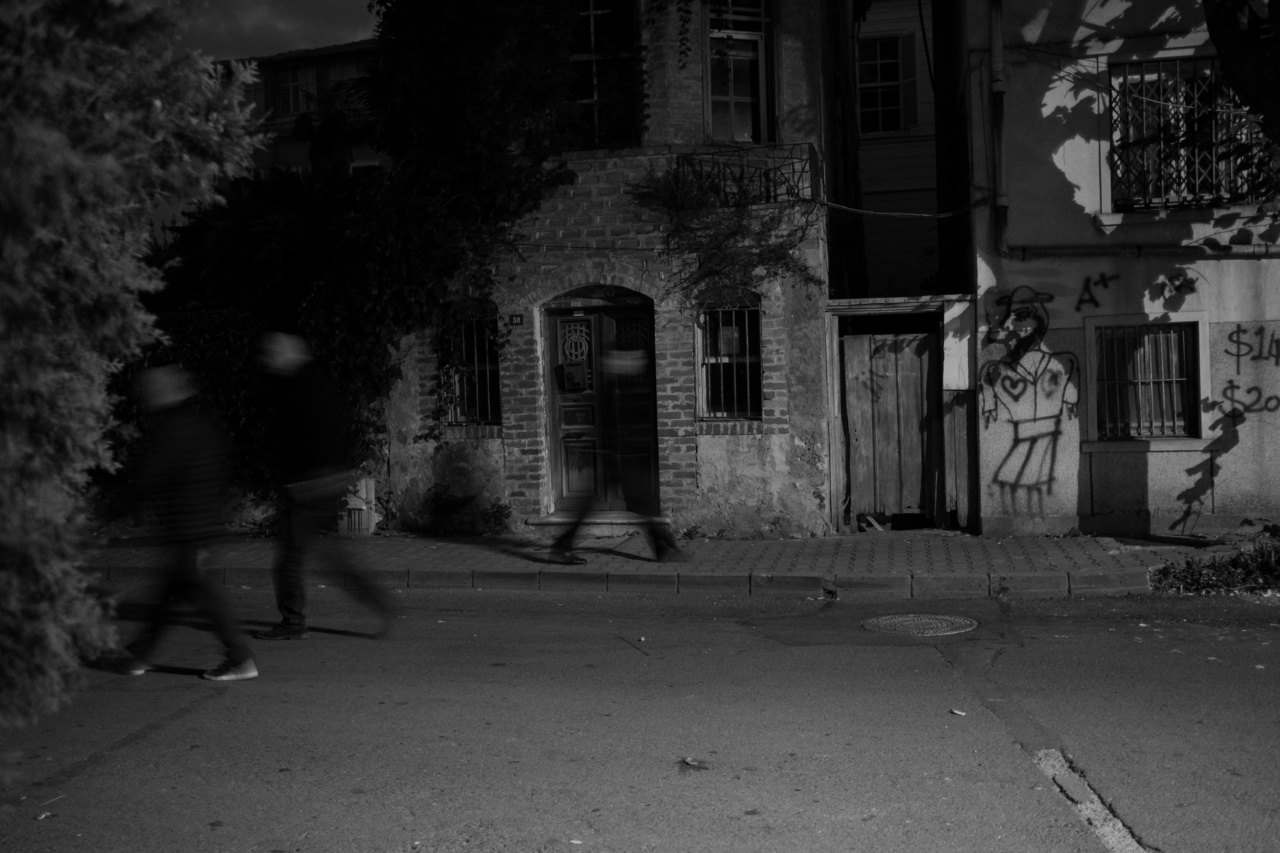Night sweats, also known as sleep hyperhidrosis, can be a frustrating and uncomfortable experience. Imagine waking up in the middle of the night, drenched in sweat, with your sheets and pillowcases damp.
Not only does it disrupt your sleep, but it can also leave you feeling exhausted and drained the next day. If you frequently find yourself waking up drenched in sweat, it’s essential to understand the causes and find effective cures for this condition.
1. Menopause
One of the most common causes of night sweats in women is menopause. As estrogen levels fluctuate during this phase of life, it can result in temperature dysregulation in the body, leading to excessive sweating during sleep.
To alleviate menopausal night sweats, hormone replacement therapy (HRT) or natural remedies such as black cohosh or evening primrose oil can be beneficial.
2. Infections
Infections such as tuberculosis, HIV/AIDS, and endocarditis can cause night sweats. These infections often result in an increased metabolic rate, leading to excessive sweating.
Treating the underlying infection is crucial in managing night sweats associated with these conditions.
3. Medications
Certain medications can provoke night sweats as a side effect. Examples include antidepressants, hormone therapies, and fever reducers like aspirin or acetaminophen.
If you suspect a medication is causing your night sweats, consult your healthcare provider to discuss alternative options.
4. Anxiety and Stress
Anxiety and stress can play a significant role in night sweats. When our bodies are in a fight-or-flight mode due to high stress levels, it can trigger excessive sweating.
Engaging in stress-reducing activities like meditation, yoga, or therapy can help alleviate night sweats associated with anxiety and stress.
5. Sleep Apnea
Sleep apnea, a common sleep disorder characterized by interrupted breathing during sleep, can lead to night sweats. The repeated awakenings associated with this condition can cause your body temperature to fluctuate, resulting in excessive sweating.
Treating sleep apnea with continuous positive airway pressure (CPAP) therapy or other recommended treatments can help reduce night sweats.
6. Obesity
Obesity can contribute to night sweats due to excess body fat acting as insulation, trapping heat in the body. Losing weight through a combination of a healthy diet and regular exercise can alleviate night sweats caused by obesity.
7. Hormonal Imbalances
Aside from menopause, various hormonal imbalances, such as an overactive thyroid (hyperthyroidism) or low blood sugar (hypoglycemia), can lead to night sweats.
Balancing hormones through medication and lifestyle changes can help manage night sweats in these cases.
8. Idiopathic Hyperhidrosis
Idiopathic hyperhidrosis is a condition in which the body excessively sweats without an identifiable cause. It can occur during both the day and night.
Managing this condition often involves using antiperspirants, medications, and in severe cases, procedures like Botox injections or surgery.
9. Certain Cancers
Sometimes, night sweats can be an early indicator of certain cancers, such as lymphoma or leukemia. If you experience persistent and unexplained night sweats, consulting a healthcare professional for further evaluation is crucial.
10. Environment and Sleeping Conditions
The temperature and humidity of your sleep environment can also contribute to night sweats. Sleeping in a room that is too warm or using heavy bedding can lead to excessive sweating during sleep.
Opting for breathable fabrics, using a fan or air conditioning, and adjusting the room temperature can help alleviate night sweats caused by the environment.
Conclusion
Night sweats can significantly impact your quality of sleep and daily well-being. Identifying the underlying cause and implementing appropriate remedies is essential to alleviate this condition.
Whether it’s managing menopausal symptoms, seeking treatment for underlying medical conditions, reducing stress, or creating a more comfortable sleep environment, understanding the causes and cures for night sweats can help you reclaim a peaceful and sweat-free night’s sleep.































